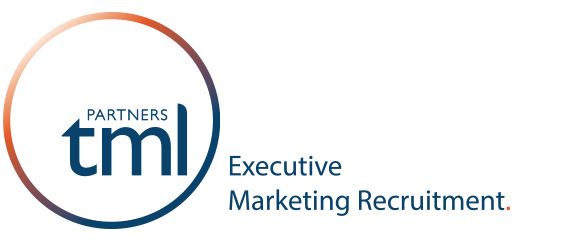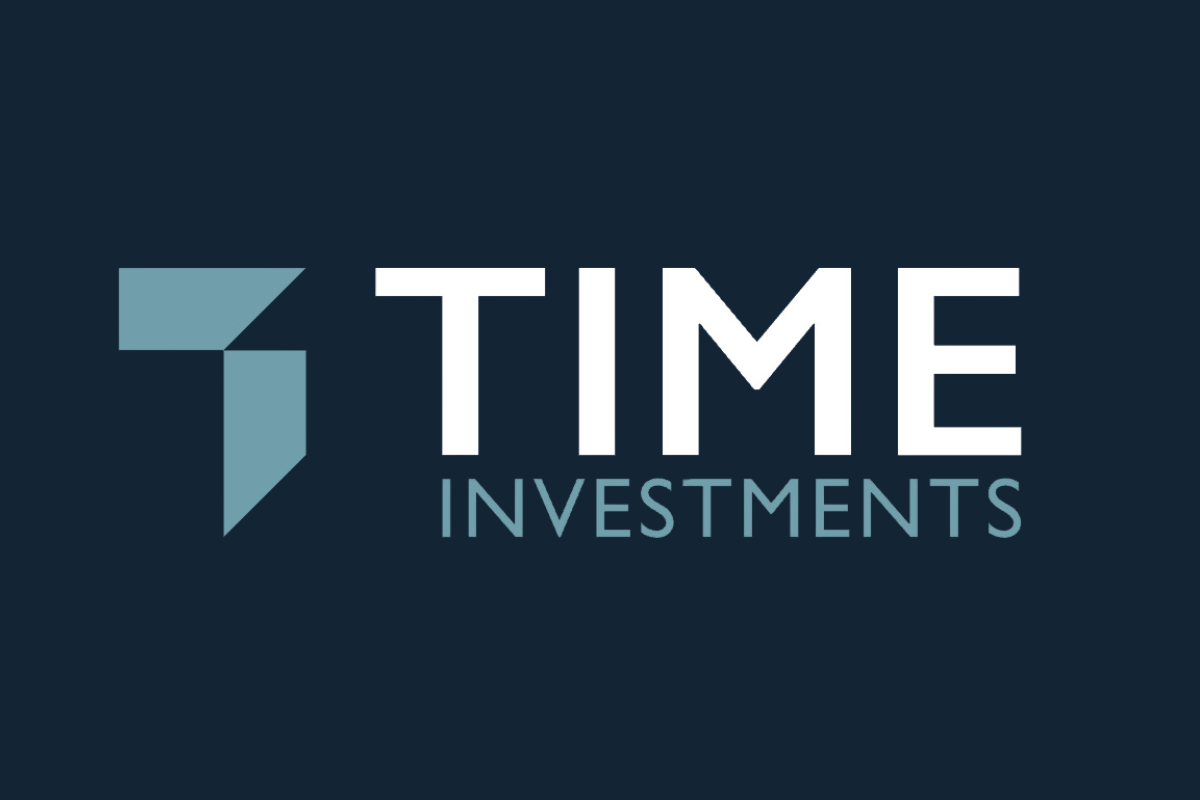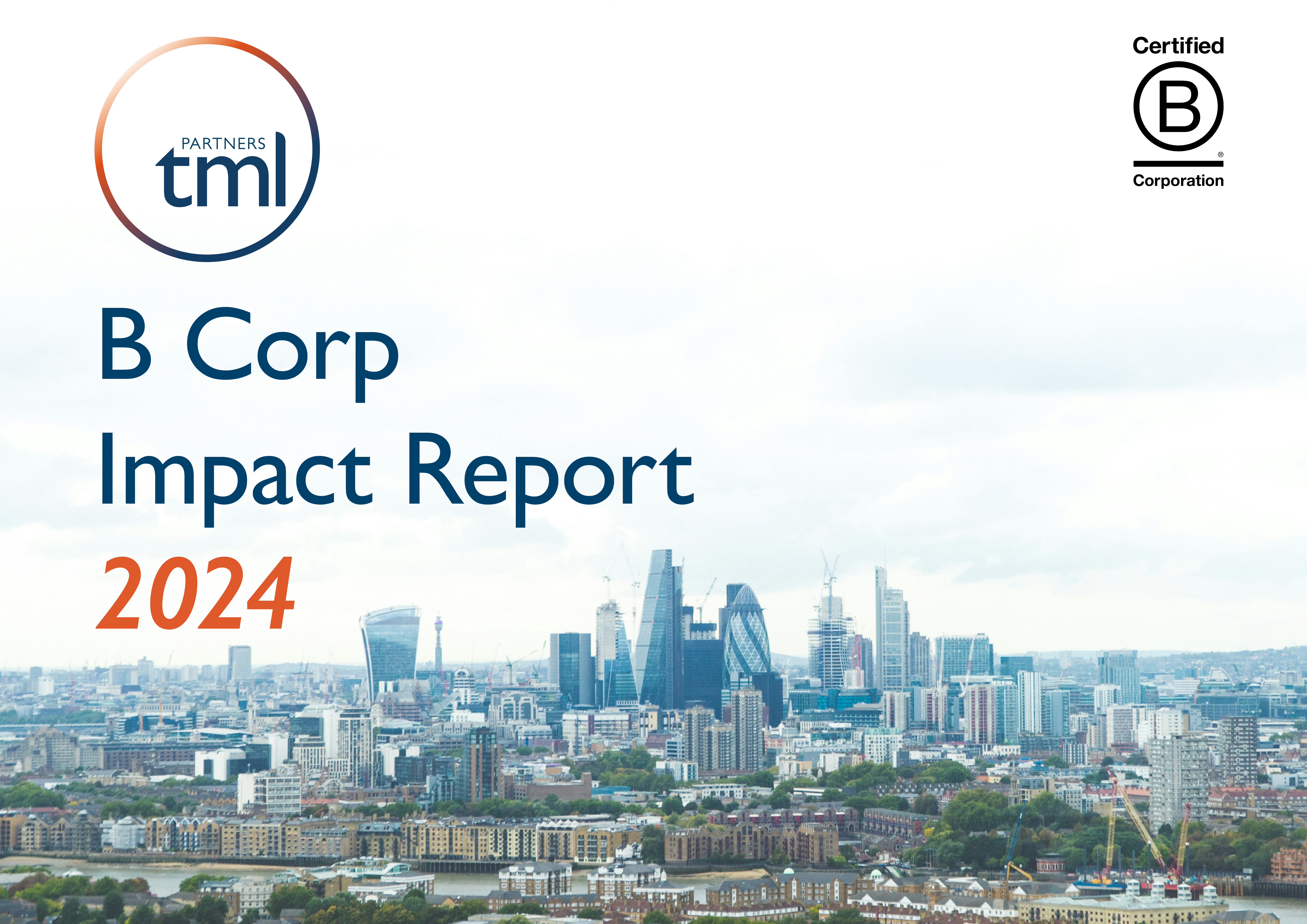
The business landscape in Germany is evolving and marketing professionals are seeing a dramatic change in both their role and their status within the organisations they work. Digital disruption has dramatically altered the decision-making and buying process, and organisations are adapting their marketing strategy as a result. The consumer sector and Berlin tech hubs are leading the way in responding to changes in the market, and as a result, when recruiting marketing leaders, they are broadening and elevating the role they are filling. So how has the role of the CMO changed?
Promotion
Traditional advertising is now a very small proportion of the buying cycle. Online research, customer reviews, price comparisons and more all form the decision making process. A CMO therefore needs the skillset to identify different channels and the market segments, and adapt promotional and branding strategy to fit.
The internet has created a global marketplace for all businesses that sell their products or services online. As well as incorporating a multi-channel strategy, CMOs need to devise messaging that works globally, as consumers will not be limited to providers from just the German market.
Reputational management
What a consumer says about a product or service can define a brand. Online feedback can be make or break, and the rate at which either can happen is phenomenal. Successful CMOs need to treat brand management as a conversation, not a one-way directive.
Market research
Market research has evolved into data and analytics. The sheer volume of data available and the speed at which correlations and trends can be identified makes this an incredibly powerful tool, and businesses that take full advantage are reaping the rewards and gaining genuine market share.
Attention still needs to be given to traditional customer feedback. CMOs that have a truly customer-focused approach are the ones that have the most success, and in order to achieve this, no communication channel can be neglected.
Marketing within the business
Marketing is now a concern for the whole organisation. Consumer businesses within the German market are embracing this and marketing leaders are driving innovation from the top down. B2B companies are also responding, but those that are following the consumer world more closely are again seeing the benefits in their sales and customer loyalty as customer and buyer behaviour insights form the strategy across the business.
P&L responsibility
Increasingly, in consumer organisations across German business centres, marketing departments have gone from being a cost centre to having P&L responsibility. This is true testament to the elevated status of marketing. In addition, many CMO positions are now board level, so marketing genuinely has a seat at the table. Therefore, when thinking about hiring your next CMO, you need to be sure that the individual has the financial acumen to manage a P&L business unit, set targets and report on results.
How the recruitment process should adapt
When speaking to our clients in the German market about hiring their next marketing leader, we find that those organisations that are creating a new role have the best success rate in terms of longevity in the role and achieving business objectives. It’s the ‘blank canvas’ perspective that’s needed to cater for the evolving business landscape. Those organisations which have had a senior or c-level marketing professional for some time need to make sure, when recruiting again into the role, that they look at the job description afresh and don’t recruit a replica professional into the role. The business landscape is changing, which means your marketing leader looks different too.
Bilall Yunus is a Senior Consultant at tml Partners and specialises in senior marketing and product appointments across Germany. He has particular expertise on executive searches in Germany for Chief Marketing Officers, Chief Product Officers, Marketing Directors and VPs of Product.




